Opening and Moderation
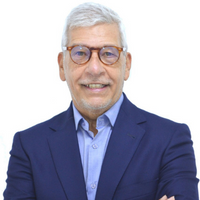
Marcos Caramuru
Member of the International Advisory Board
Ambassador of Brazil to the People's Republic of China (2016-2018)
In 2023, the G20 has reasserted its commitment to the 2030 Agenda amidst changing geopolitics, emphasizing the need for enhanced multilateral development banks (MDBs). The addition of the African Union to the G20 raises expectations for more cohesive global growth. However, challenges persist with less than 15% of SDGs on track, middle-income countries facing debt constraints, and energy transitions lacking funding and governance. The G20 Brazil presidency prioritizes fighting poverty, addressing inequality, and addressing extreme hunger, with key events in 2024-25 highlighting global concerns. Think-tanks are seen as crucial for transformative responses to global challenges, necessitating new partnerships for systemic changes amid uncertainties.
In partnership with Asian Development Bank Institute (ADBI), this roundtable meeting explored how think-tanks can strengthen capabilities, act as bridges between global views, and facilitate cooperation between East/West and North/South, emphasizing alliances for real system transformations. Amid interconnected crises and rising social inequalities, the discussion asked how think tanks can work at the intersection of macro-economic, social, and environmental issues rather than within individual sectors.
11:00 am (BRT)
English
In 2023, the G20 has reasserted its commitment to the 2030 Agenda amidst changing geopolitics, emphasizing the need for enhanced multilateral development banks (MDBs). The addition of the African Union to the G20 raises expectations for more cohesive global growth. However, challenges persist with less than 15% of SDGs on track, middle-income countries facing debt constraints, and energy transitions lacking funding and governance. The G20 Brazil presidency prioritizes fighting poverty, addressing inequality, and addressing extreme hunger, with key events in 2024-25 highlighting global concerns. Think-tanks are seen as crucial for transformative responses to global challenges, necessitating new partnerships for systemic changes amid uncertainties.
In partnership with Asian Development Bank Institute (ADBI), this roundtable meeting explored how think-tanks can strengthen capabilities, act as bridges between global views, and facilitate cooperation between East/West and North/South, emphasizing alliances for real system transformations. Amid interconnected crises and rising social inequalities, the discussion asked how think tanks can work at the intersection of macro-economic, social, and environmental issues rather than within individual sectors.

Ambassador of Brazil to the People's Republic of China (2016-2018)
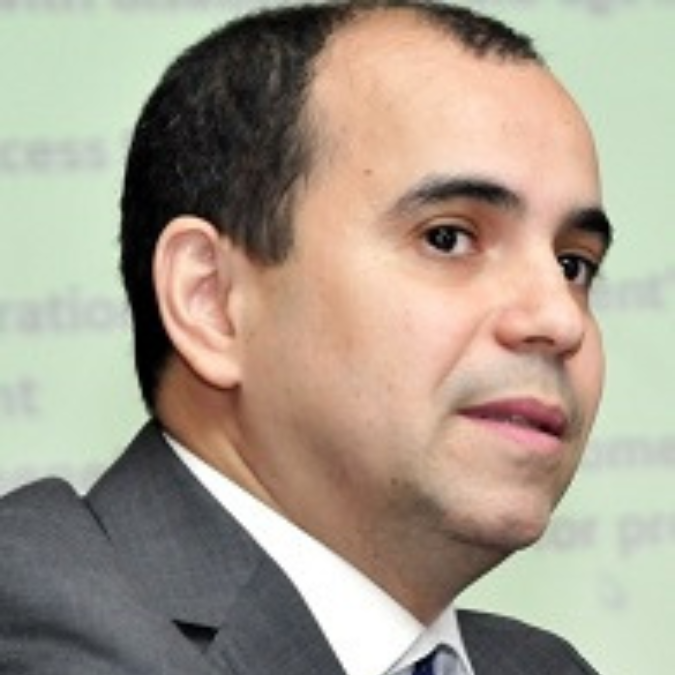
.png)
.png)
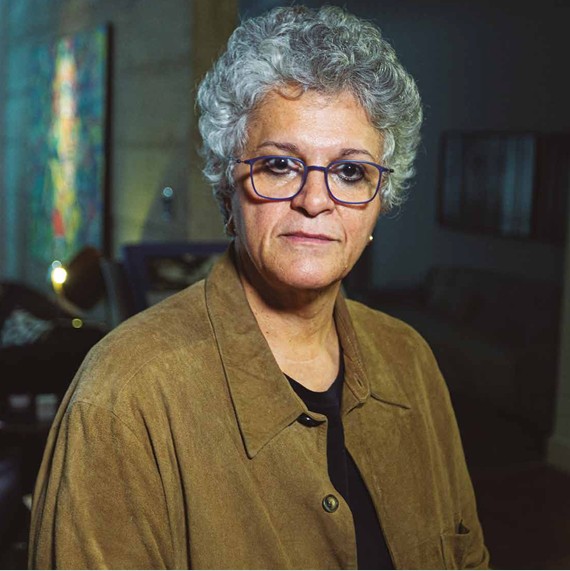
Co-Chair of the UN International Resource Panel and Minister of Environment (2010-2016)
.png)
.png)
.png)
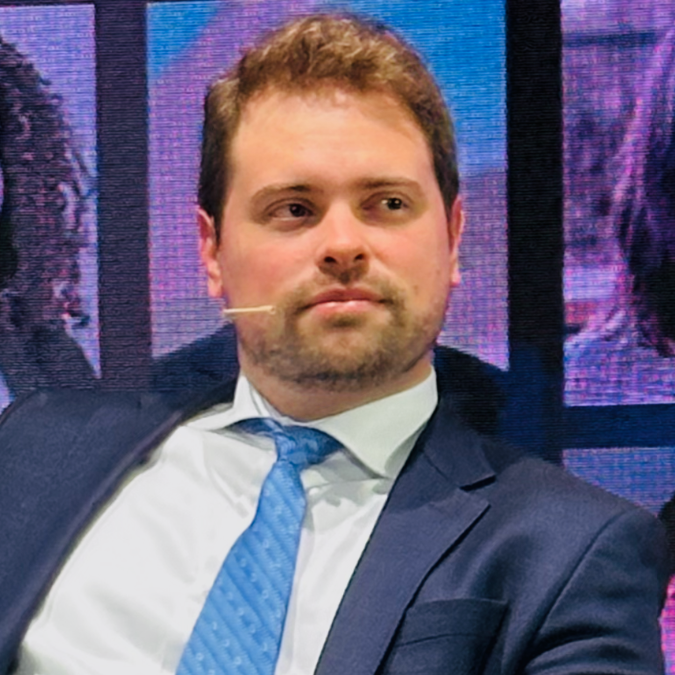
Chief of Staff to State Congressman Eduardo Cavaliere at Rio de Janeiro’s State Legislature, Member of the International Relations Commission of the Brazilian Bar Association in São Paulo and a Researcher at the Government Laboratory of the University of São Paulo School of Law
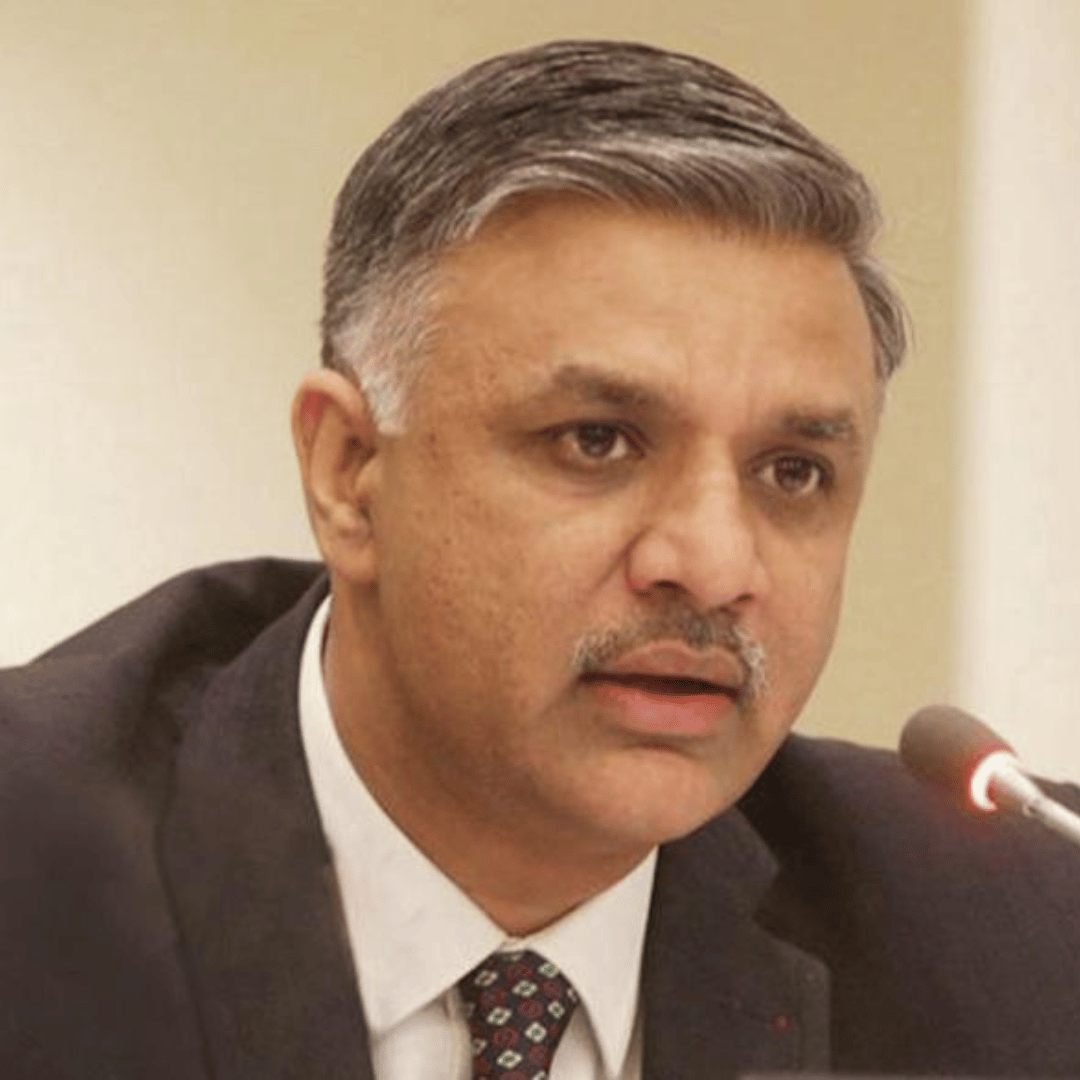
.png)